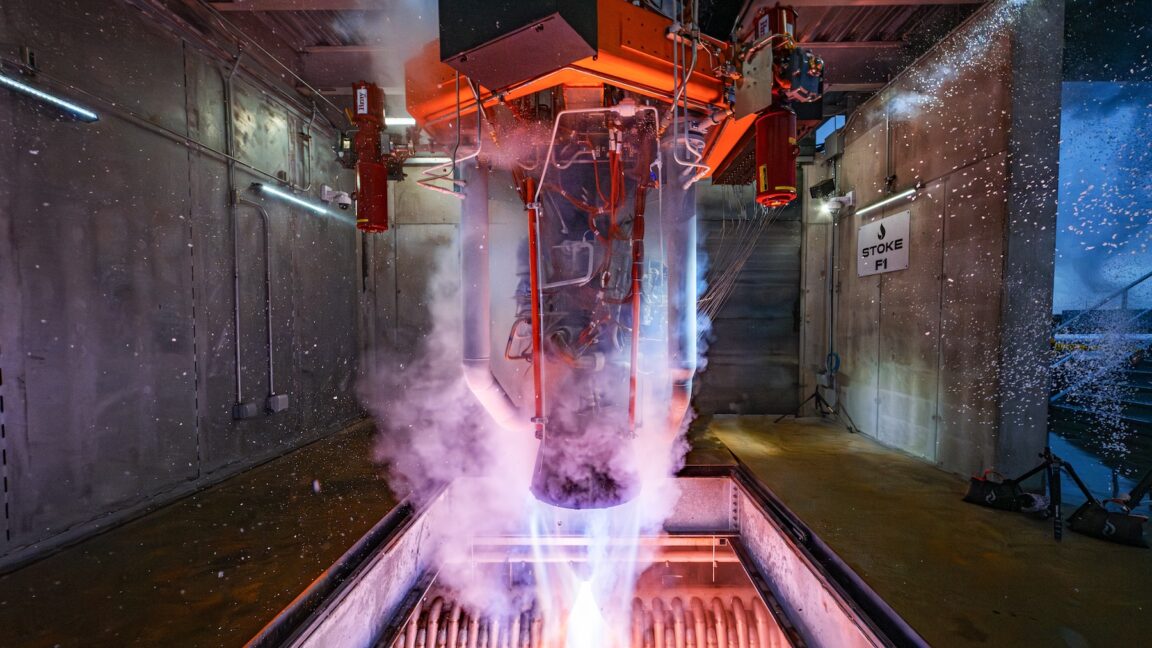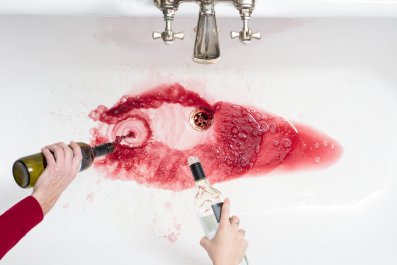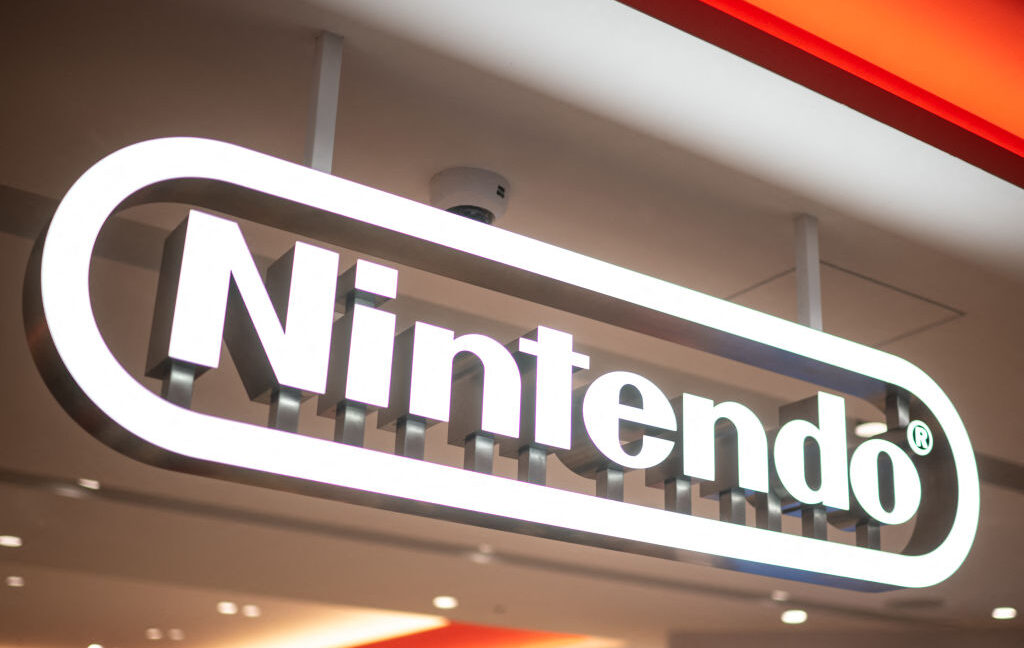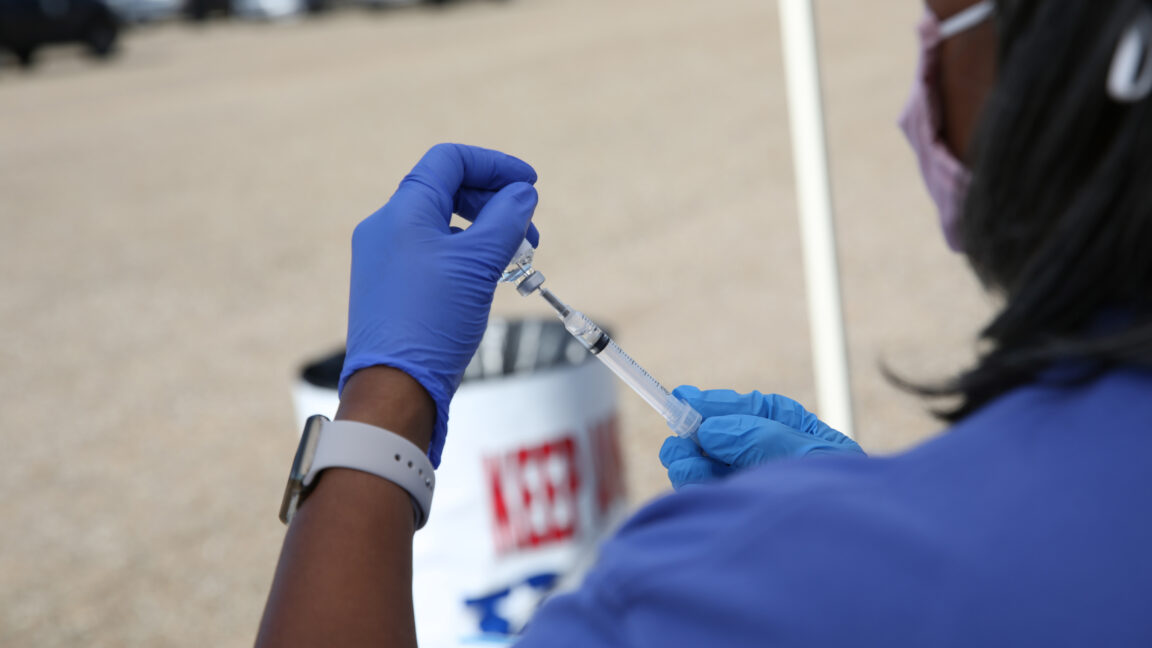Ultra-Processed Foods Set for School Lunch Ban in State Bill

A bill has been proposed in Arizona's House of Representatives that would ban the sale of popular ultra-processed foods that contain certain ingredients.
Republican state Representative Leo Biasiucci proposed HB 2164, which would ban public schools from selling or serving ultra-processed foods on campus during the school day.
Parents would be allowed to continue including ultra-processed foods in their children's packed lunches.
Biasiucci told Newsweek: "Our children are the most vulnerable and most important members of our society. We must do everything we can to make sure we are providing them with only the best ingredients for their health."
"Childhood obesity, morbidity and wellness are matters of statewide concern," the bill said. "Ultraprocessed, industrially manufactured, nutrient-depleted food with synthetic additives is undernourishing minors at public schools and contributing to childhood obesity."
"Any taxpayer-funded meal or snack program offered to minors at public schools in this state should be nutritious and made primarily of whole, minimally processed plant or animal products," it continued.
This bill joins a growing movement in the U.S. to ban additives in food that may be linked to poor health.










